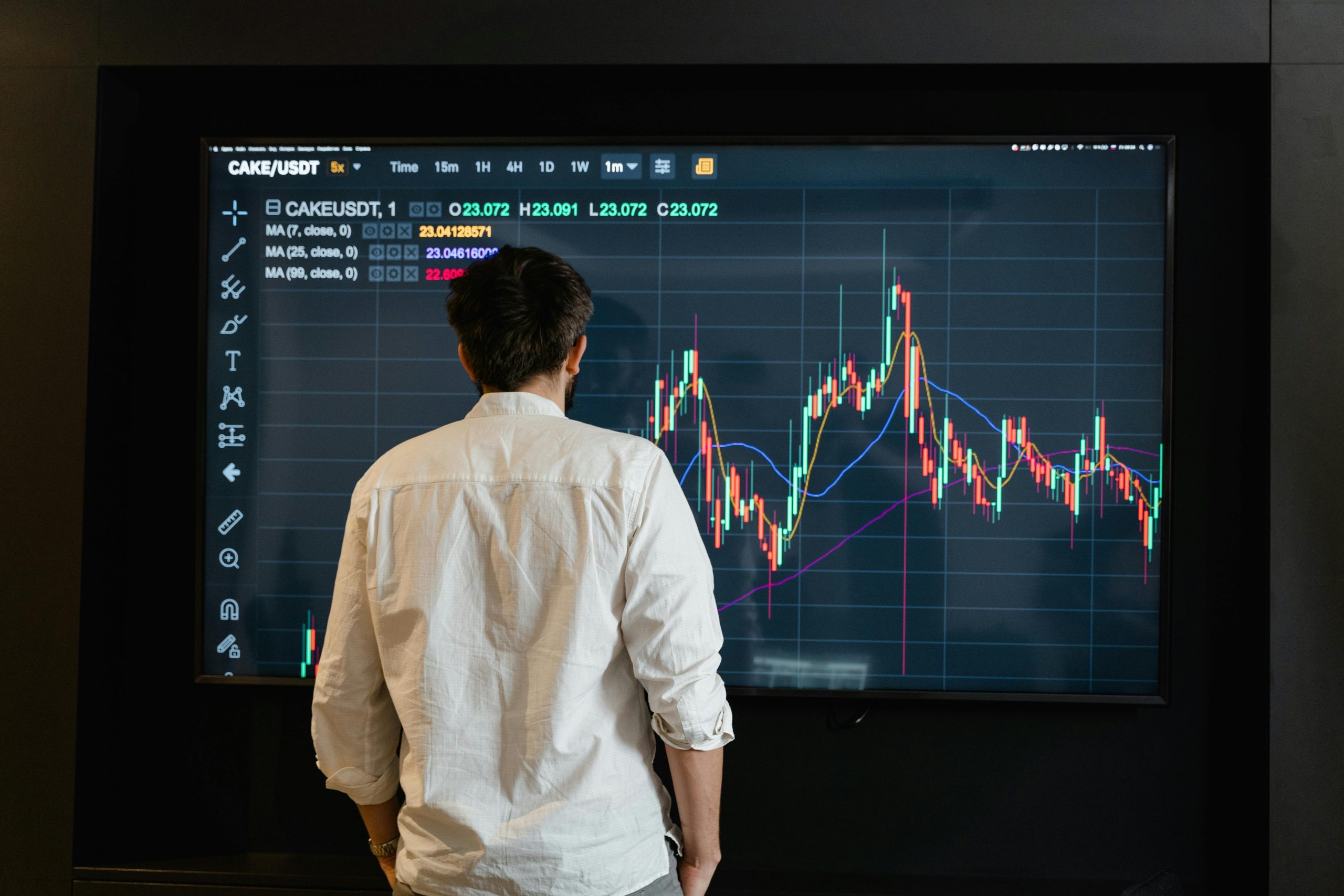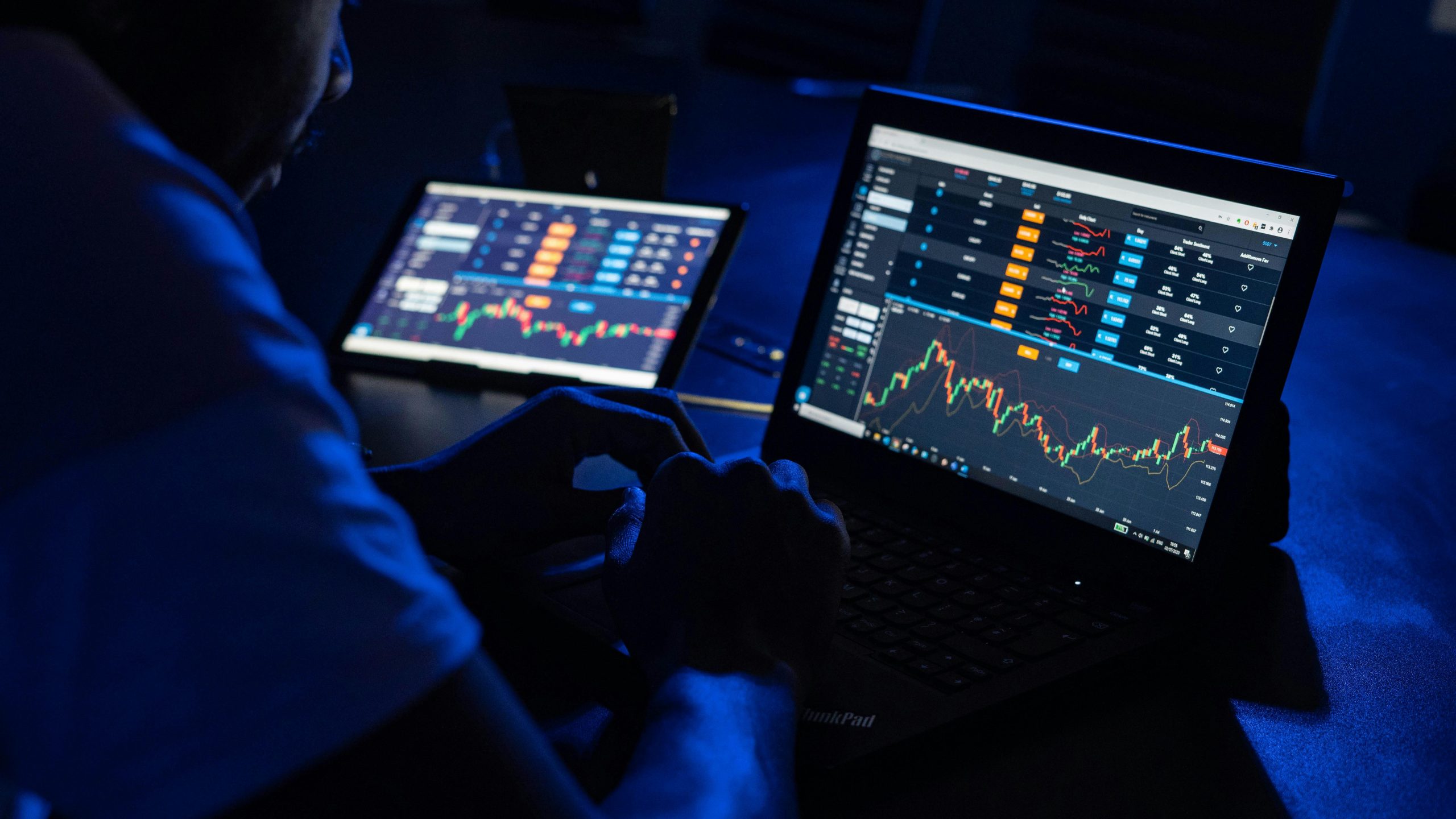Forex vs. Stocks: Which Is the Better Investment?
When it comes to investing, two of the most popular options are forex (foreign exchange) and stocks. Both markets offer the potential for profit, but they operate in different ways, attract different types of traders, and present varying risks and rewards. Deciding between forex and stocks can be challenging, especially for beginners looking to enter the financial markets. Understanding the key differences between these two markets, their benefits, and their drawbacks can help you make an informed decision.
This article will compare forex and stocks in detail, examining their characteristics, advantages, and disadvantages to help you determine which market may be the better investment for you.
What is Forex Trading?
Forex trading involves buying and selling currencies in the global foreign exchange market. The forex market is the largest financial market in the world, with a daily trading volume exceeding $6 trillion. The primary purpose of forex trading is to profit from changes in currency values, which are influenced by a wide range of factors, including economic data, geopolitical events, and central bank policies.
In the forex market, currency pairs are traded, such as EUR/USD (euro vs. U.S. dollar) or GBP/JPY (British pound vs. Japanese yen). Traders speculate on whether the value of one currency will rise or fall relative to another, aiming to capitalize on these fluctuations.
What is Stock Trading?
Stock trading involves buying and selling shares of ownership in publicly traded companies. When you purchase a stock, you are essentially buying a small portion of that company. As the company grows and becomes more profitable, the value of its shares may increase, allowing you to sell them for a profit. Conversely, if the company performs poorly, the stock price may decline, leading to potential losses.
Stock traders aim to profit from price movements in individual stocks or through broader market indices, such as the S&P 500 or NASDAQ. Stocks are traded on centralized exchanges like the New York Stock Exchange (NYSE) or NASDAQ, which operate during specific hours.
Key Differences Between Forex and Stocks
1. Market Hours
One of the most significant differences between forex and stocks is their trading hours.
- Forex Market: The forex market is open 24 hours a day, five days a week. It operates through a network of global financial hubs, with trading sessions in Sydney, Tokyo, London, and New York. This continuous operation allows traders to react to market events in real time and execute trades at any time of day or night.
- Stock Market: Stock trading is typically limited to specific hours based on the exchange where the stock is listed. For example, the NYSE and NASDAQ operate from 9:30 AM to 4:00 PM Eastern Time. Although after-hours trading is possible, liquidity tends to be lower, and price movements can be more volatile.
Verdict: Forex has an advantage in terms of flexibility, allowing traders to enter and exit positions at any time without being restricted by market hours.
2. Liquidity
Liquidity refers to how easily an asset can be bought or sold in the market without significantly affecting its price.
- Forex Market: The forex market is incredibly liquid, particularly for major currency pairs like EUR/USD, USD/JPY, and GBP/USD. This high liquidity means that large orders can be executed quickly without causing significant price fluctuations. The sheer size of the forex market ensures that there are always buyers and sellers available.
- Stock Market: Liquidity in the stock market can vary significantly depending on the stock. Large-cap stocks, like Apple (AAPL) or Microsoft (MSFT), tend to be highly liquid, but smaller or less well-known companies may have lower liquidity, making it harder to execute large trades without affecting the stock price.
Verdict: Forex generally offers higher liquidity than stocks, especially for major currency pairs.
3. Leverage
Leverage allows traders to control larger positions with a smaller amount of capital, increasing both potential profits and risks.
- Forex Market: One of the most attractive features of forex trading is the high leverage available to traders. Forex brokers often offer leverage of up to 50:1 or even higher, allowing traders to control large positions with a relatively small amount of capital. However, leverage amplifies both gains and losses, making forex trading riskier for inexperienced traders.
- Stock Market: Leverage in stock trading is typically more limited. In the U.S., for example, stock traders using a margin account can access leverage of up to 2:1. This means that for every $1,000 of capital, they can control $2,000 worth of stock. While this lower leverage reduces risk, it also limits potential gains.
Verdict: Forex offers higher leverage, but this also increases the level of risk involved in trading.
4. Volatility
Volatility refers to the degree of price fluctuations in the market, with higher volatility presenting more trading opportunities, but also greater risks.
- Forex Market: The forex market is known for its volatility, especially when trading currency pairs involving emerging markets or reacting to geopolitical events. Major news releases, such as central bank decisions or economic data, can lead to rapid and significant price movements. While volatility provides opportunities for profit, it also increases the risk of losses.
- Stock Market: The stock market can also be volatile, especially during earnings seasons or when major news impacts the economy or specific industries. However, the level of volatility in stocks tends to be lower than in the forex market, particularly for well-established blue-chip companies.
Verdict: Forex is generally more volatile than stocks, offering more opportunities for short-term gains but also more risk.
5. Market Influences
The factors that influence price movements in forex and stocks are different, and understanding these influences is crucial for successful trading.
- Forex Market: Forex prices are heavily influenced by macroeconomic factors such as interest rates, inflation, trade balances, and geopolitical events. Central banks play a key role in shaping forex markets through monetary policy decisions, which can lead to significant price movements.
- Stock Market: Stock prices are influenced by both macroeconomic factors and company-specific events, such as earnings reports, product launches, or management changes. While broader market trends can affect stocks, individual companies may experience significant price changes based on their performance and prospects.
Verdict: Forex is driven primarily by global economic factors, while stocks are influenced by both macroeconomic conditions and company-specific events.
6. Trading Costs
Trading costs, such as spreads, commissions, and fees, can vary significantly between forex and stocks.
- Forex Market: Forex trading typically involves low costs, with most brokers offering tight spreads and no commissions. The spread, or the difference between the bid and ask price, is usually the primary cost for forex traders. However, some brokers may charge additional fees, such as overnight financing charges for holding positions.
- Stock Market: Stock trading often involves higher costs, including broker commissions and exchange fees. While many brokers now offer commission-free trading for stocks, there may still be other fees, such as account maintenance fees or costs for using margin.
Verdict: Forex trading tends to have lower costs compared to stock trading, especially for retail traders.
Which Is Better: Forex or Stocks?
The decision between forex and stocks ultimately depends on your trading goals, risk tolerance, and investment strategy. Here’s a summary to help you decide which market may be better for you:
- Forex may be better if:
- You prefer a market that is open 24/5 and offers high liquidity.
- You are comfortable with higher leverage and the associated risks.
- You are interested in trading based on global macroeconomic factors and news events.
- You are looking for a short-term trading strategy, such as day trading or scalping.
- Stocks may be better if:
- You prefer investing in individual companies and industries.
- You are looking for lower volatility and a more stable investment.
- You are interested in long-term investing, such as holding positions for months or years.
- You prefer a market with more transparency and publicly available financial information.
Both forex and stocks offer unique opportunities for traders and investors. Forex is well-suited for those who prefer high liquidity, leverage, and a focus on macroeconomic factors, while stocks are ideal for those who want to invest in individual companies with the potential for long-term growth. Ultimately, the better investment depends on your personal preferences, financial goals, and risk tolerance.
Before making a decision, it’s essential to thoroughly research both markets, develop a trading strategy, and consider factors such as volatility, leverage, and market hours. With the right knowledge and preparation, you can make informed decisions that align with your investment objectives.








